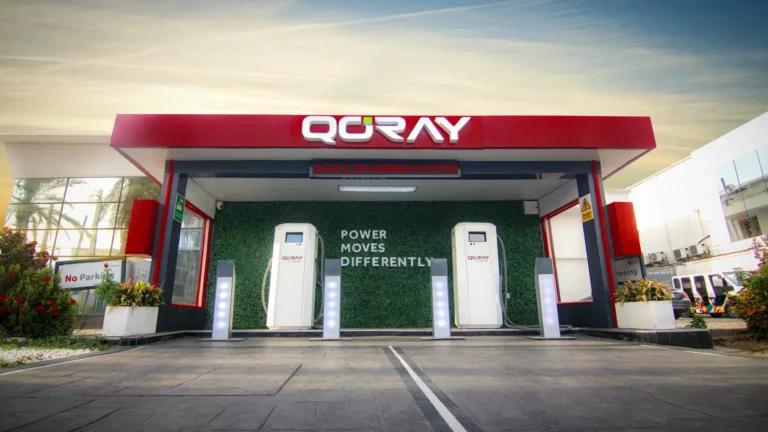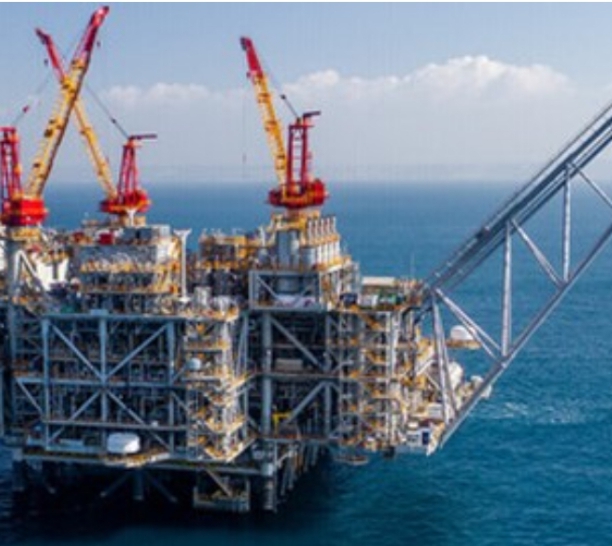Damilola Shittu – Abuja
Group Managing Director of the Nigerian National Petroleum Corporation (NNPC), Dr Maikanti Baru, on Monday assured of uninterrupted supply of fuel during the Christmas and New Year celebrations and beyond, saying it has 60-day fuel in stock.
He said the corporation imports about 60 million litres of fuel daily, while it evacuates about 50 million litres daily, leaving an excess supply of 10 million litres.
Baru, who toured some filling stations around Abuja metropolis to monitor fuel supply situation and sales, noted that under-recovery of petrol has reduced significantly.He said the corporation has put measures in place to ensure that Nigerians don’t witness another fuel scarcity in the country. He noted that as at December last year, commuters experienced serious scarcity and there were also sharp practices by oil marketers, who were busy diverting and hoarding the product.
Baru added that the NNPC was also aware of some of their collaborators, who were helping them to divert and hoard the product. He explained that with the help of President Muhammadu Buhari, the corporation brought in more product to avoid the scarcity experienced last year.
Commending the President for maintaining N145 per litre, he said during the year, there were times when the product was brought in, indicating under-recoveries of about N80, adding that during the peak of crude oil price, under-recovery also rose.
Baru pointed out that crude oil prices had reduced just as under-recoveries decreased resulting to bridging of N15-25 per litre depending on the price, saying when crude oil price was N60, under-recovery came to N25.
Assistant Comptroller General of the Nigerian Security and Civil Defence Corps (NSCDC), Abdullahi Aminu, noted that NNPC carried them along in providing security for pipelines, adding that pragmatic steps were taken to curtail vandals from damaging the pipelines.
Manager of Conoil filling station opposite NNPC, Lamia Ahmed, commended NNPC for adequate fuel supplies, saying there were several trucks that were yet to be discharged during the period.










online prescriptions without script
online drug
canadian pharmaceutical companies that ship to usa
internet pharmacy
24 hour pharmacy
mexican online pharmacies
Thanks for the post, can you make it so I get an email sent to me when you make a fresh update?
24 hour pharmacy
cialis vs viagra
order viagra online
canadian discount online pharmacy
cheap cialis
buy sildenafil
online pharmacies of canada
I was reading through some of your content on this site and I conceive this web site is really informative! Continue posting.
dose viagra